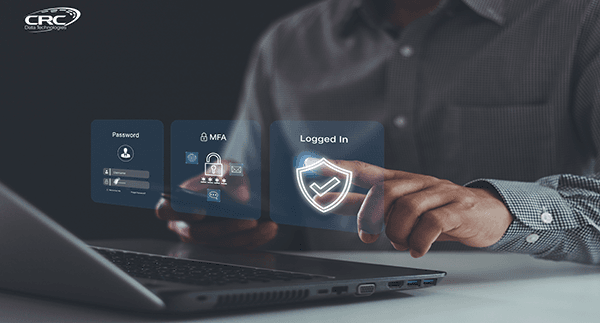Cybersecurity starts with how users handle passwords. In environments where users lack proper training in cyber hygiene, we often see:
- Passwords reused across multiple sites
- Weak passwords with low complexity
- Passwords unchanged for years
These bad practices contribute to the high number of breaches each year. If a hacker compromises a cloud service where a user has an account—even if the stolen credentials are encrypted—this user’s password is often among the first to be cracked. Every other site where they’ve reused that password becomes exposed.
Enabling Multi-Factor Authentication (MFA) significantly reduces this risk. With time-based one-time passwords (OTP), you provide only a small part of a complex password that changes every 30 seconds. If using SMS-based MFA, you receive a notification when someone attempts authentication. While MFA doesn’t guarantee immunity from breaches, it drastically lowers the chances of a successful attack.
The most critical service to secure with MFA is your email. A compromised email account allows hackers to reset passwords for nearly all your other accounts, as email serves as the primary method of identity verification. To a hacker, access to your email is invaluable.
Although MFA may seem inconvenient, the security benefits far outweigh the minor hassle. When combined with a robust password manager, MFA provides strong protection against the most common cyber threats.


